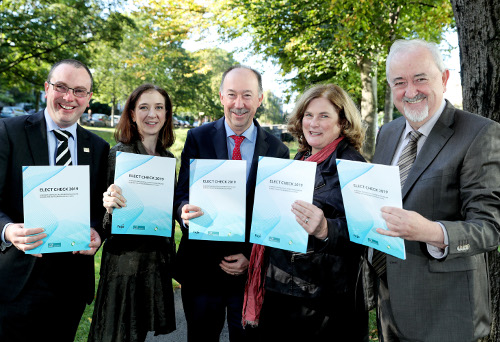Broadcasting watchdog calls for ‘consistent regulatory approach’ to online political ads

The Broadcasting Authority of Ireland (BAI) has called for a “clear and consistent regulatory approach” to digital political advertising and campaigning.
The watchdog yesterday published new research by the Institute for Future Media and Journalism (FuJo) at DCU on political advertising activity on Facebook, Twitter and Google during this year’s recent European elections.
The research was undertaken as part of a wider EU project, designed to assist the European Commission in monitoring the implementation of the commitments in the self-regulatory Code of Practice on Disinformation.
As part of the research carried out by FuJo, more than 1,500 political adverts included in ad libraries and datasets provided by Facebook, Twitter and Google were monitored for the presence of the following information: whether the advert was paid for; who paid for it; if it carried a disclaimer stating that it was a political or issues-based advert; information on micro-targeting; and the amount spent for the advert.
The report found that while some information relevant to the research questions could be distilled from the supplied datasets, it was not possible to arrive at a clear, fully comprehensive picture of the nature and scale of political advertising on the three platforms due to inconsistencies in the datasets.
It also found that issue-based adverts – those concerned with campaigning issues, such as immigration and the environment, rather than election candidates or parties – were only labelled by Facebook. Neither Twitter nor Google identified issue-based adverts in their datasets.
FuJo has made a number of recommendations to Government on the issue of online political advertising, including the establishment of a permanent Electoral Commission, the establishment of a searchable repository of online political advertising, and a requirement to include imprints on all online political advertising.
Michael O’Keeffe, chief executive of the BAI, said: “The report indicates that the three platforms actively engaged with their commitments to support electoral transparency. However, it also shows a lack of consistency from platform to platform in how they presented the data and in how political and issues-based advertising was defined.
“To facilitate effective monitoring of political advertising and ensure full transparency, a clear and consistent regulatory approach is required, and policy-makers and regulators need to be equipped within their remits to respond adequately to the existing and emerging challenges in this regard.”








